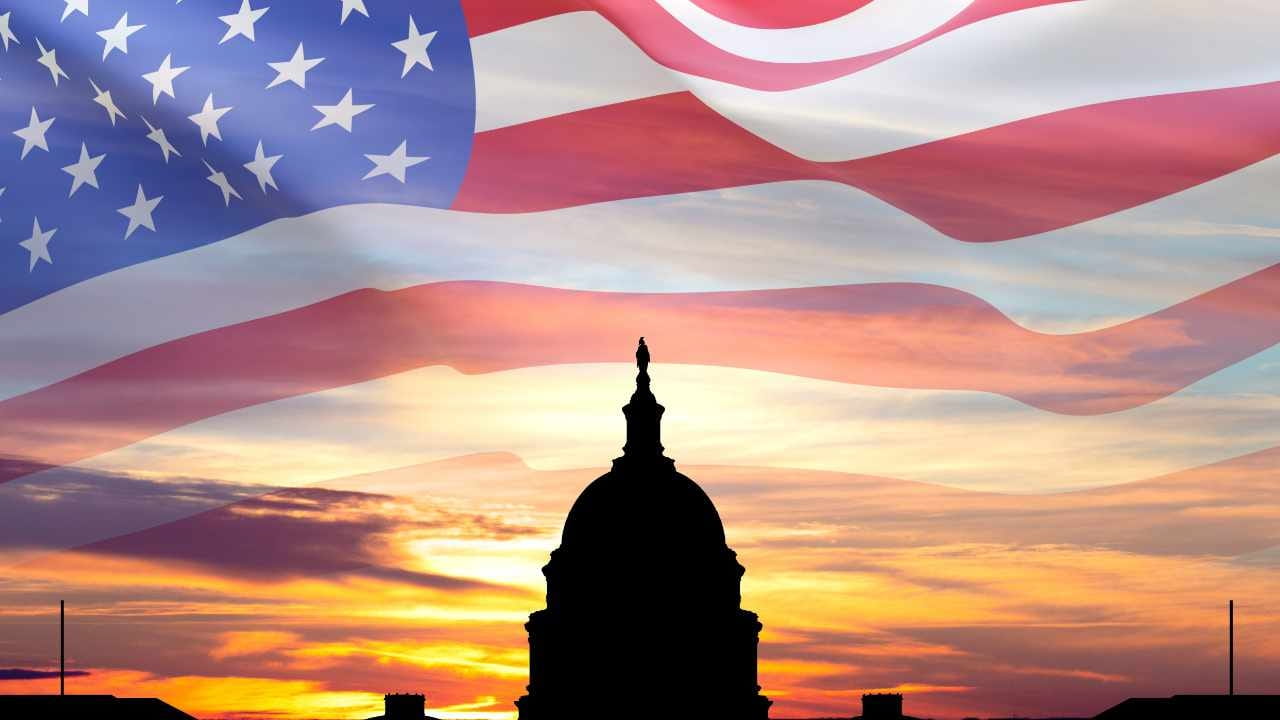The Ripple CEO insists on urgent action from the U.S. as stablecoins rapidly grow worldwide, warning that without clear rules, America risks falling behind in the race for digital currencies.

The Ripple CEO urges Congress to act quickly as stablecoins soar worldwide
Ripple CEO Brad Garlinghouse raised alarms on the social media platform X on Thursday after the U.S. Senate failed to advance the bill ‘Guiding and Establishing National Innovation in U.S. Stablecoins’ (GENIUS). Garlinghouse, responding shortly after the vote, stated:
Stablecoins are exploding worldwide due to their real-world applications (the plethora of recent announcements in the fields of cryptocurrency, fintech, and traditional finance should demonstrate this). The sooner the U.S. can adopt workable, clear rules, the sooner they will reap the benefits of this technology.
The vote, which many industry leaders anticipated as an important step toward federal regulation of stablecoins, did not pass, causing disappointment among several lawmakers and policy representatives. The GENIUS bill aimed to create a unified regulatory framework for stablecoins. Without federal legislation, oversight of stablecoins remains fragmented among state-level regulators, creating challenges for companies seeking clarity and compliance at the national level.
Many in the cryptocurrency industry support the GENIUS bill. Before the vote, Coinbase CEO Brian Armstrong urged U.S. lawmakers to advance the bill, calling for bipartisan support to establish stablecoin regulation and market structure before the August recess. He expressed: "Congress has a real opportunity this week to advance stablecoin and market structure legislation. We strongly support starting debate in the Senate on the GENIUS bill — and we need 60 votes to make it happen."
Treasury Secretary Scott Bessent criticized the failed advancement of the GENIUS bill in the Senate on Thursday in a post on the social media platform X, calling it a missed opportunity for U.S. leadership in financial innovation. He emphasized:
This bill represents a unique opportunity to expand the dominance of the dollar and U.S. influence in financial innovation.
"Without it, stablecoins will be subject to a patchwork regulatory system at the state level rather than a unified federal structure that is more conducive to growth and competitiveness," the Treasury Secretary added. "The world is watching as American lawmakers dither."
Despite the setback, industry supporters argue that the global growth of stablecoins underscores strong demand. They continue to call for bipartisan action, citing the regulatory frameworks of other countries as models that foster both innovation and consumer protection.